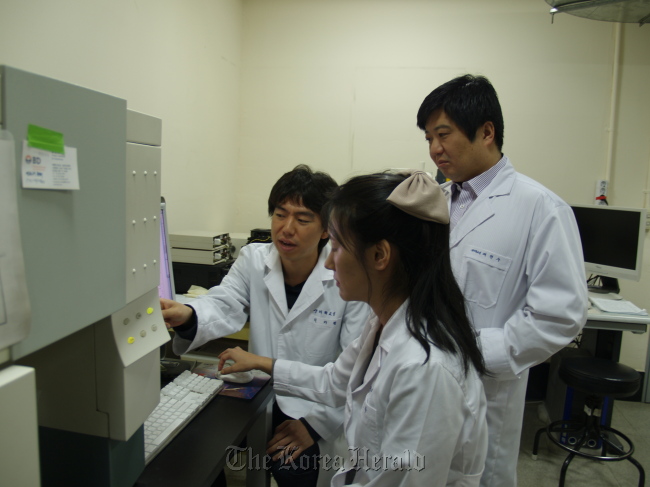Suzette Helal, Ahmed Hegazi, Khaled Al-Menabbawy
June 2014
Abstract and Figures
AIM: Multiple sclerosis (MS) is an inflammatory disease in which the fatty myelin sheaths around the axons of the brain and spinal cord are damaged. We Study the effect of Apitherapy in treatment of MS. MATERIAL AND
METHODS: Fifty patients with MS, their ages ranged between 26-71 years, were subjected to complete clinical and neurological history and examination to confirm the diagnosis.
All cases were under their regular treatment they were divided into two main groups, Group I received honey, pollen, royal jelly and propolis and were treated with apiacupuncture 3 times weekly, for 12 months, in addition to their medical treatment, while group II remains on their ordinary medical treatment only. Apiacupuncture was done by bee stings for regulating the immune system.
RESULTS: Results revealed that 4 patients showed some improvement regarding their defects in gait, bowel control, constipation and urination, while 12 cases, showed some mild improvement in their movement in bed, and better improvement in bed sores, sensation, and better motor power, only two cases of them were able to stand for few minutes with support.
CONCLUSION: Although Apitherapy is not a curable therapy in MS, but it can be used to minimize the clinical symptoms of MS, and can be included among programs of MS therapy.









/close-up-of-honey-bee-200415242-001-57a09ad45f9b589aa99d395a.jpg)

